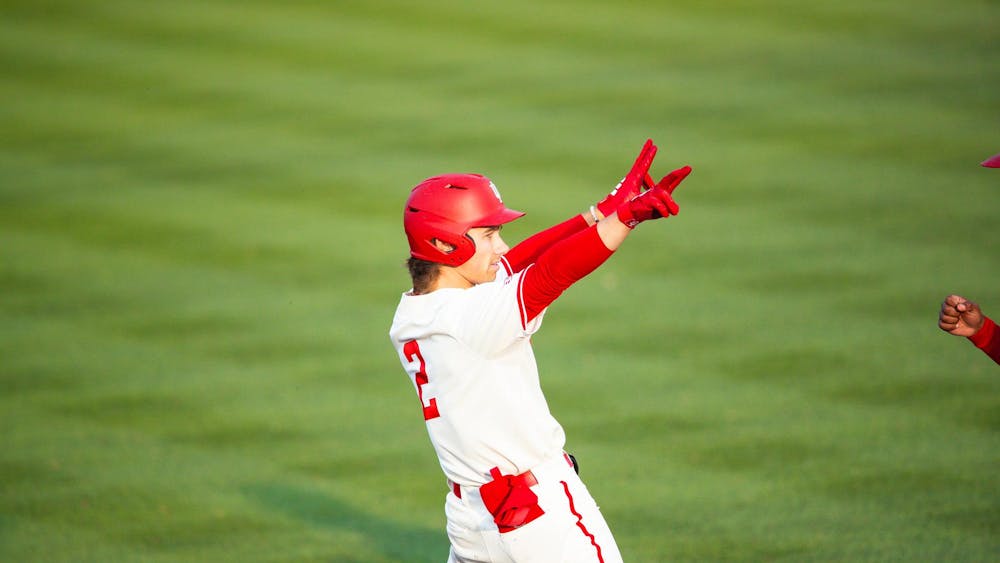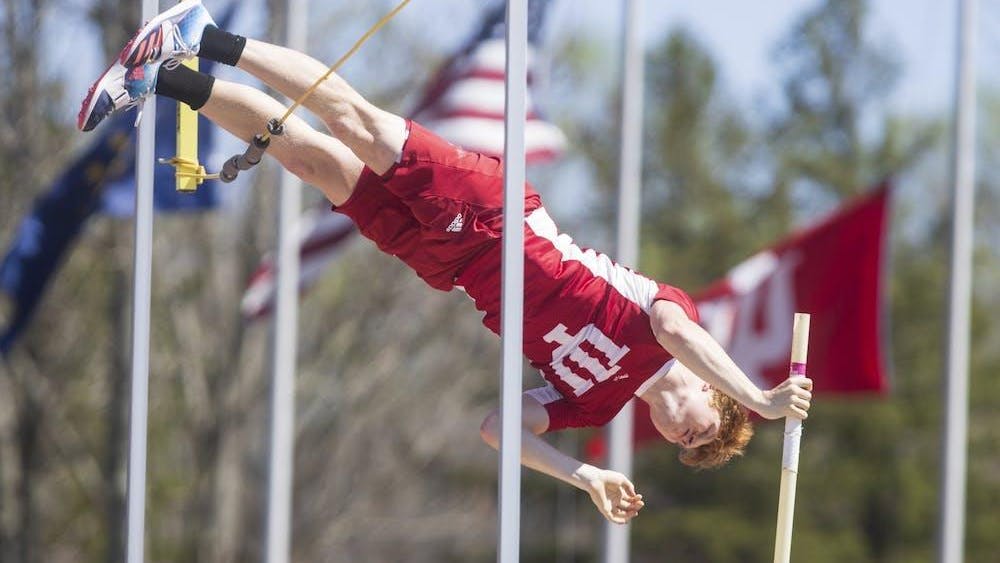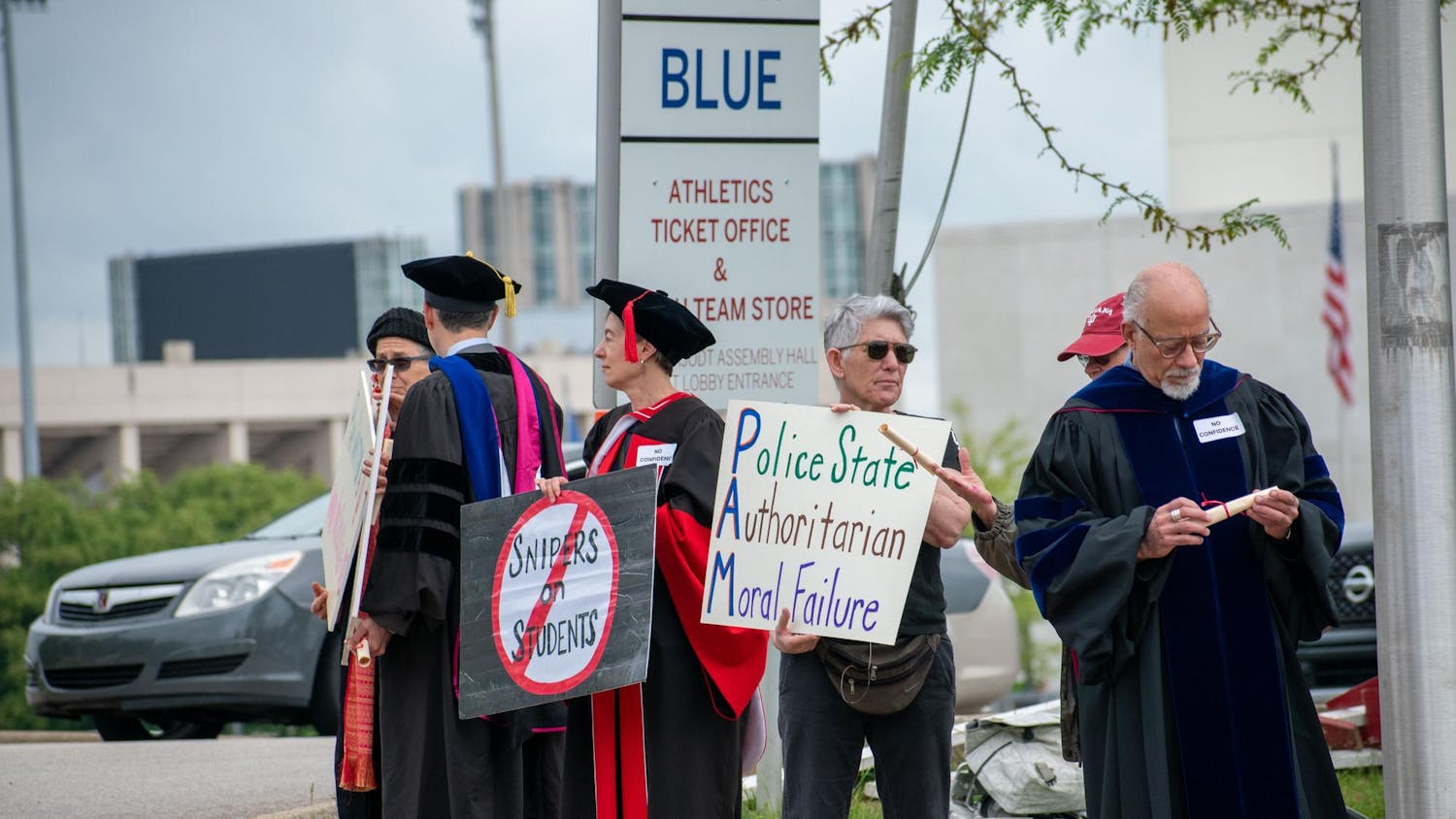The tides might finally be turning in favor of the players in the fight for paying college athletes such as the ones at IU.
If you follow college sports, you’ve probably heard about the Ed O’Bannon case. But in case you haven’t, here’s a quick run-through of the facts.
As it currently stands, the NCAA strictly forbids colleges paying athletes anything for their contributions to the school, apart from the scholarships and free room and board they receive during their time as student athletes.
These rules have been broken repeatedly, though, by schools and individual students alike. These infractions resulted in heavy sanctions for schools such as the Miami Hurricanes, North Carolina Tarheels and Ohio State Buckeyes in recent years, barring the teams from postseason competition and even stripping wins away in some cases.
Enter former University of California at Los Angeles power forward Ed O’Bannon. He originally sued the NCAA and video game developer Electronic Arts in 2009, arguing the NCAA’s reign over college athletics violated the Sherman Antitrust Act by making money from jersey sales and using his likeness for profit in video games such as NCAA March Madness .
EA and the Collegiate Licensing Company settled a $40 million lawsuit that, for athletes who have been featured in video game titles since 2003, would pay up to $4,000 for using their ?likenesses.
But on Aug. 8, an even bigger benchmark in the issue of paying players came when California Federal Judge Claudia Wilken ruled the NCAA was wrong in withholding funds from the football and basketball players who stood to benefit from EA using their ?likenesses.
It set up a sort of a trust fund for those athletes, and while it doesn’t actually force schools such as IU to pay them, it allows for a capped bidding war that universities will be all but forced to participate in to stay competitive in ?recruiting.
It’s a huge step in this drawn-out discussion about paying athletes, no doubt.
This finally gives athletes a small piece of the pie in an industry that makes billions of dollars every year on their product.
It means the NCAA was proven wrong in their argument that college athletics are truly amateur sports, especially in football and basketball. Critics of the NCAA and pundits all over the country rejoiced in what was viewed as a huge step forward.
However, others still don’t think it’s enough. And they have a point.
Although a scholarship and a few thousand dollars at the ends of athletes’ playing careers are nice, it’s a laughably small portion of the real money the NCAA and the schools stand to make off their athletes on a yearly basis.
Organizations such as IU and the NCAA rake in millions off jersey sales, tickets, merchandising and TV deals with specific networks and have historically shared none of it with the athletes that made it possible.
Couple that with the fact that student athletes barely have the time in their schedules to be, you know, students, and it’s pretty obvious that the whole guise of “amateur sports” in college is a farce. College athletics are big business, and to pay your coaches millions upon millions while expecting student athletes to be satisfied with a free education just isn’t fair.
But what the O’Bannon ruling means is hope. It means the discussion is on the table for fair compensation, and it means things for student athletes such as the ones here in Bloomington could finally be changing for the better.
aknorth@indiana.edu





